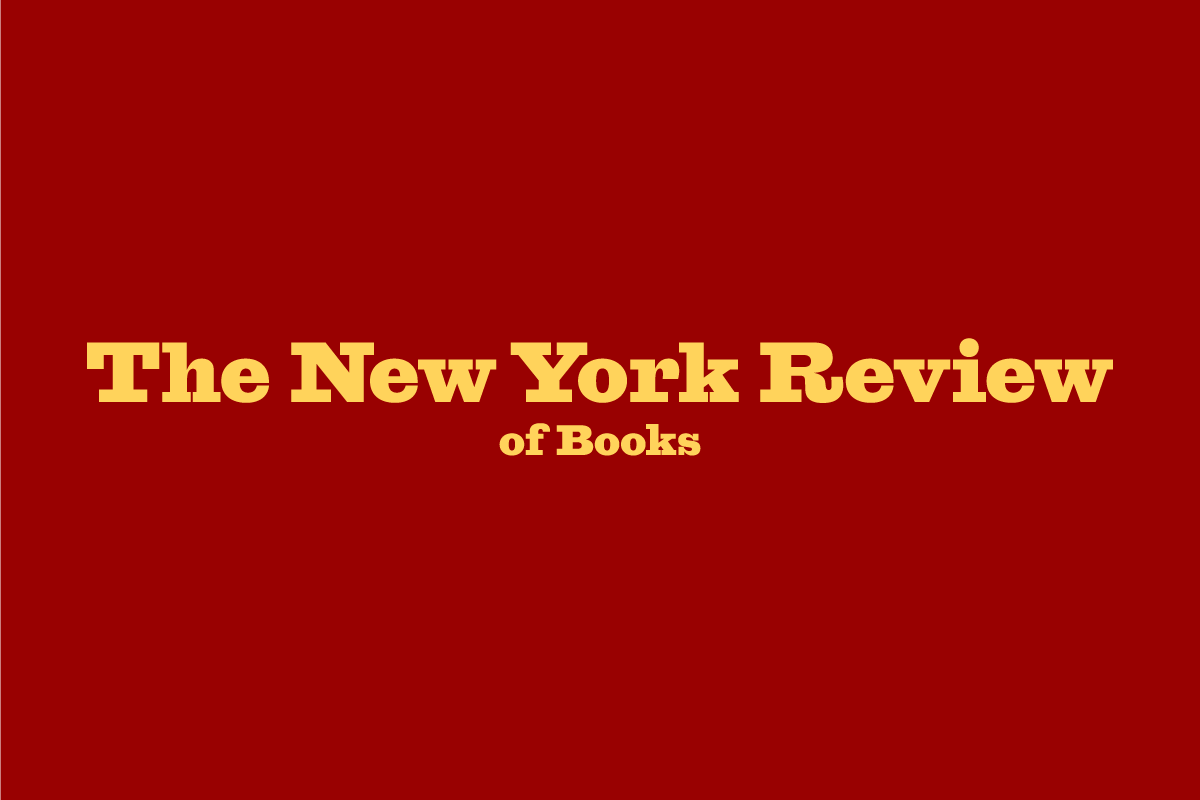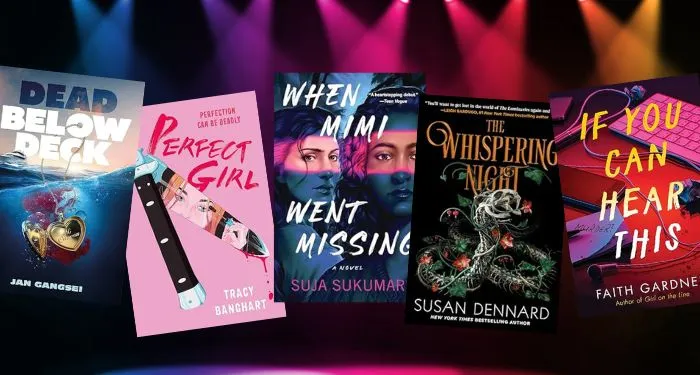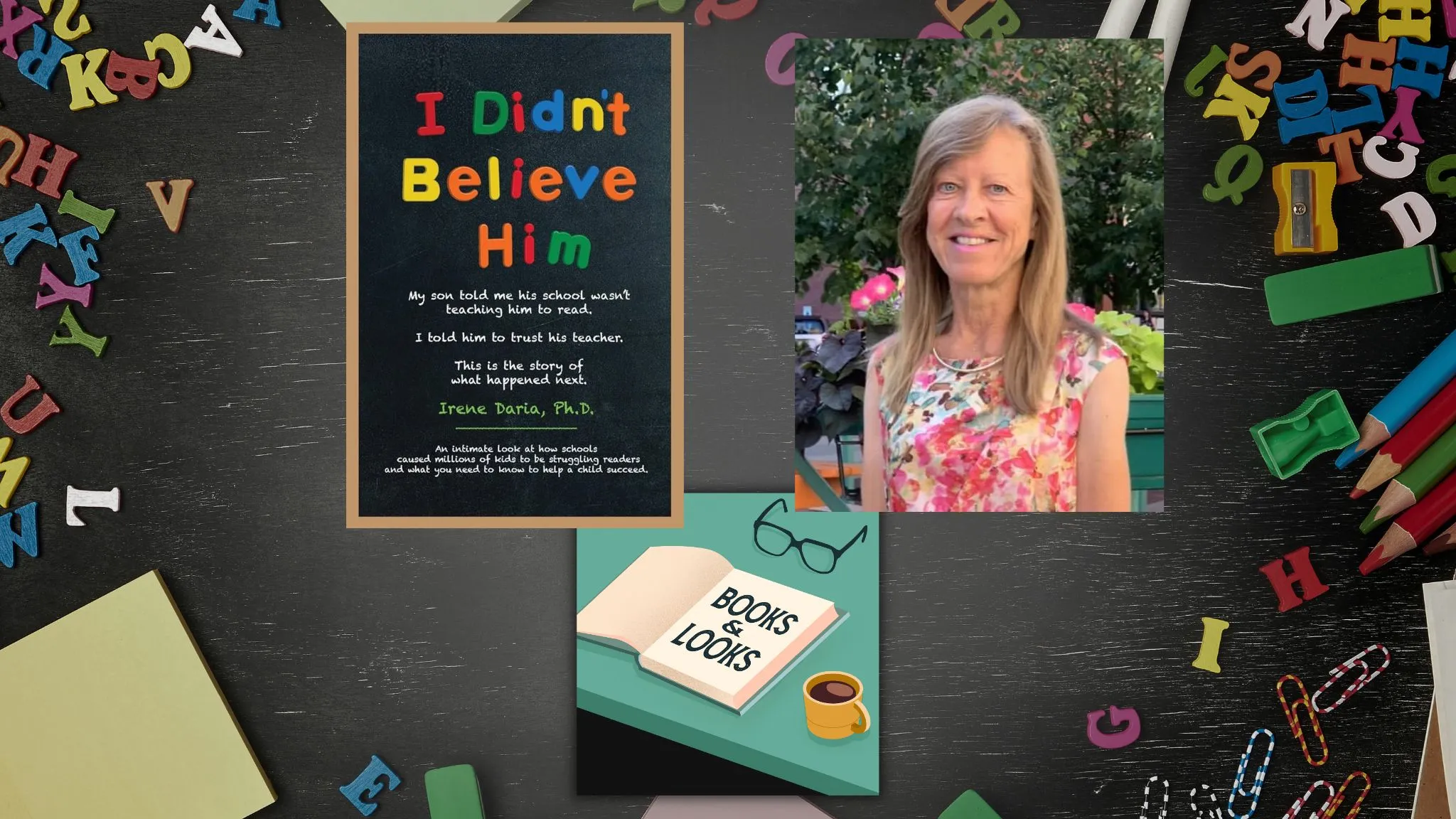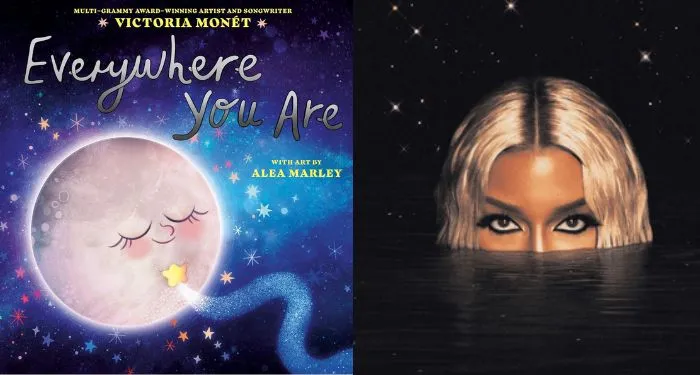Welcome to Today in Books, our daily round-up of literary headlines at the intersection of politics, culture, media, and more.
Scribd Hits the Limit on “Unlimited”
Everand, the ereading platform from Scribd, has pivoted away from its unlimited subscription model in favor of a two-tiered credit system. Under the new model, all users retain unlimited access to magazines, podcasts, and a select catalog of ebooks and audiobooks. The new Standard plan ($11.99/month) includes access to one premium title, while the Plus plan ($16.99/month) unlocks access to three. The move comes as Scribd has negotiated expanded licensing of Big Five titles and eliminated the waiting period between books’ public releases and when they become available on Everand.
Scribd has not said whether the changes to its model are a result or condition of negotiations with the Big Five, but it’s a reasonable assumption given their history of reticence to license titles for all-you-can-read services. (Old heads will remember the mini-boom in the mid-2010s of “Netflix for ebooks” startups, all of which struggled to deliver on their value proposition because the Big Five, when they agreed to participate at all, held back their most appealing titles out of concern for the bottom line.) This is the fundamental tension of ebook subscription platforms: you can have unlimited access to a limited catalog, or you can have limited access to a wider selection of titles. That Scribd was able to negotiate for expanded catalogs with all of the Big Five is a win in itself. Will it work? Let’s talk numbers.
Since ebook pricing remains bonkers, $11.99 for one bestseller is a strong value proposition, and $16.99 for three is a hell of a deal. The majority of Americans read between 0 and 5 books per year and only about a quarter read 11 or more. Given this baseline, the new tiered model should allow Scribd to both meet most of its customers’ reading appetites and protect its publishing partners from the losses some earlier unlimited subscription services took at the hands of voracious power readers (pour one out for Oyster, we hardly knew ye). From where I’m sitting, the success of this new model will depend on how strong the catalog is.
When I searched Everand’s catalog for a dozen or so popular titles and bestsellers, I got about a 50% hit rate. Not too shabby. Of the books from my sample that are available on Everand, James by Percival Everett is currently going for $14.99 on Kindle. Intermezzo by Sally Rooney and Be Ready When the Luck Happens by Ina Garten, also $14.99. Vinson Cunningham’s buzzy debut, the boldly titled Great Expectations? You guessed it, $14.99 for Kindle. A typical American reader picking up one ebook every month or so would save money choosing the Everand in this scenario.
Today In Books Newsletter
Sign up to Today In Books to receive daily news and miscellany from the world of books.
Thank you for signing up! Keep an eye on your inbox.
It gets even more interesting when we talk about the BookTok of it all. Rebecca Yarros’s Empyrean series is absent from Everand, but all five of the books in Sarah J. Maas’s A Court of Thorns and Roses series, which are collectively going for $42.92 on Kindle right now, are in the catalog. A savvy reader who picked Everand’s Plus plan at $16.99/month and read three of the titles in one month and the remaining two in the next month would save $9 choosing Everand over Amazon for their ACOTAR adventure. If they read Colleen Hoover’s It Ends With Us (currently $11.99 on Kindle) and It Starts With Us ($13.99) together in another month, they’d save an additional nine bucks. The math is mathing.
So, is this something or nothing? For existing users, who will be transitioned to one of the new plans over the course of 2025, it looks like a net positive. The platform they’ve already been using is getting a richer catalog, and that tends to be a boon for user retention. Whether it’s enough to drive new sign-ups will be the big question. While Scribd has been a bit more open about its user stats than other platforms in the past, we’ll probably have to watch as the platform develops and read the tea leaves of future announcements to get a sense of how it’s going. By itself, this isn’t a paradigm-shifting move, but if it results in publishers becoming more comfortable with and open to making their most desirable titles available to subscription platforms, it could be a key ingredient in longterm change. For now, let’s say it’s something to watch.




















 English (US) ·
English (US) ·